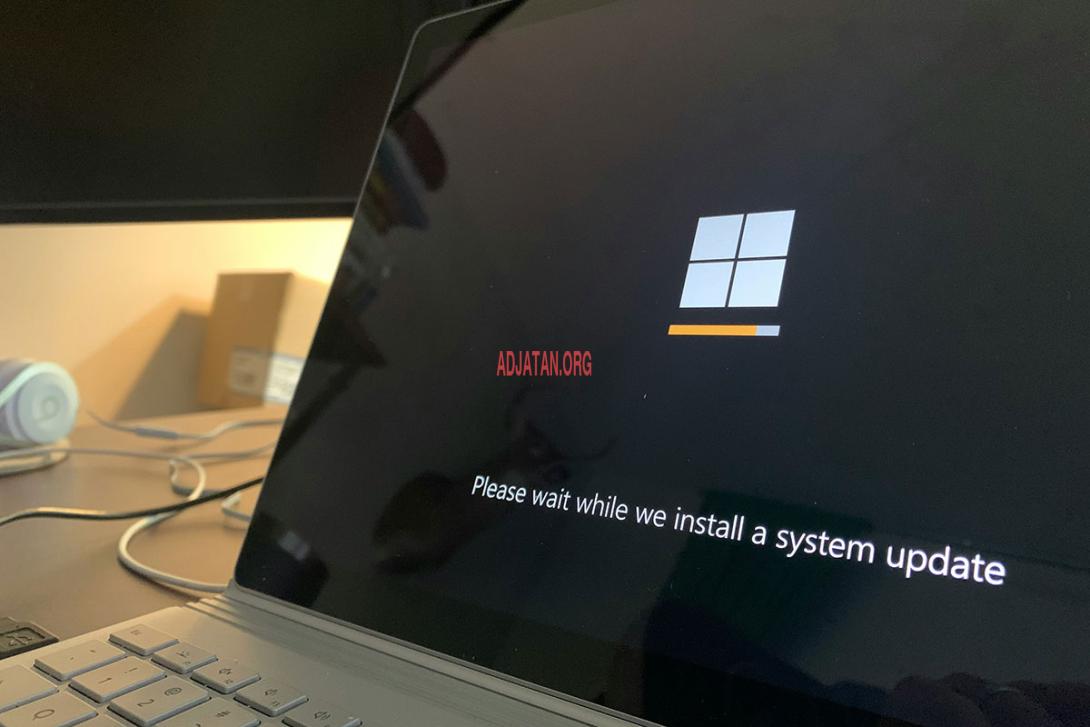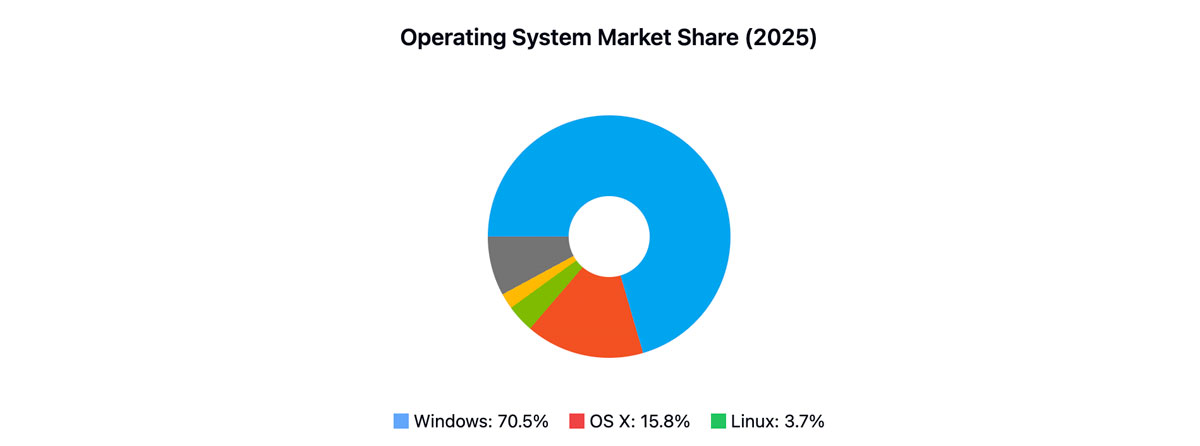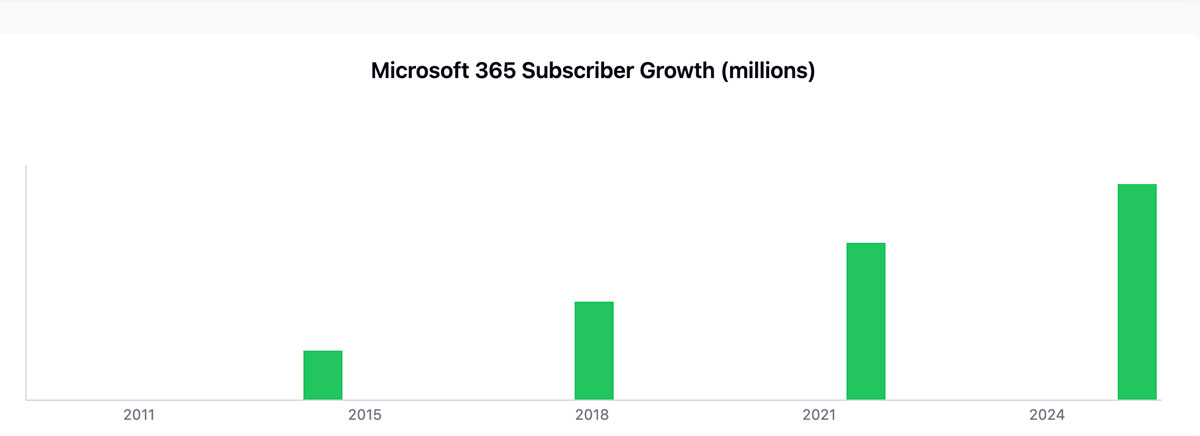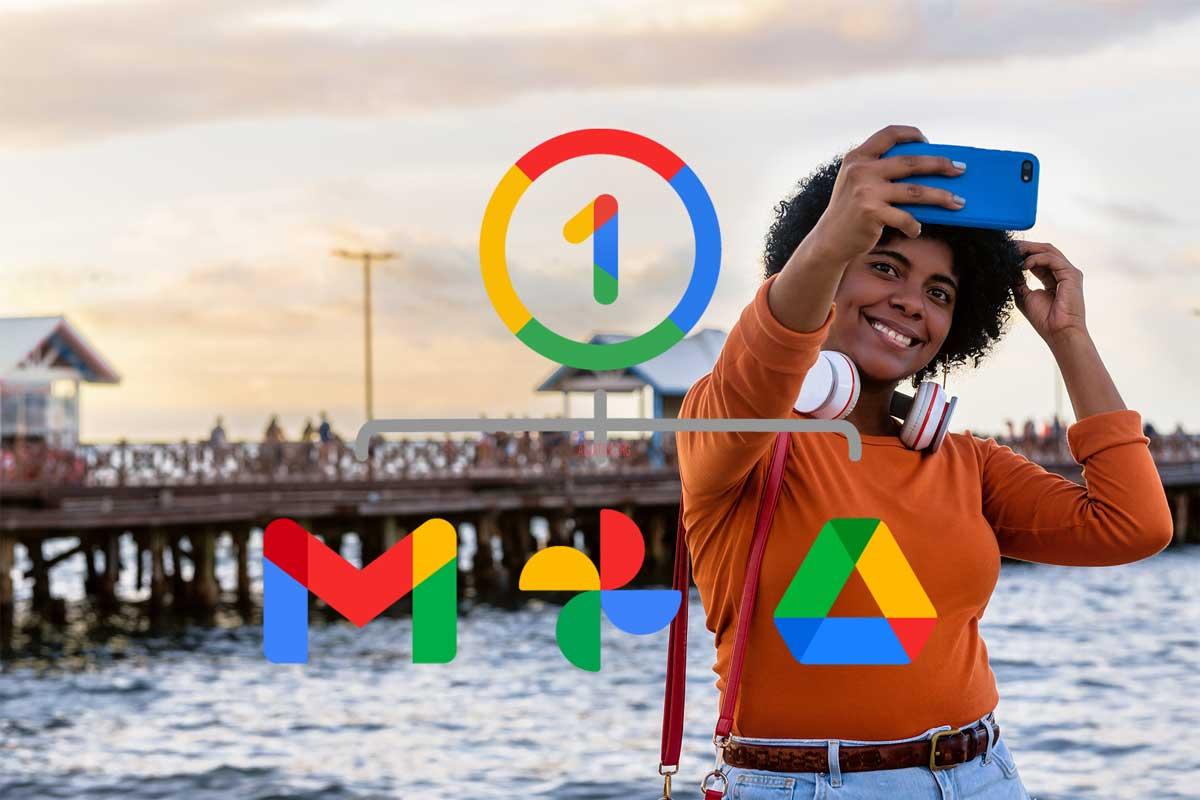
"Personal computing would never have existed without him" – Bill Gates about Paul Allen
On April 4, 2025, Microsoft celebrates half a century of existence. Fifty years during which the Redmond giant has revolutionized our relationship with computing, transformed our working methods, and profoundly influenced the global economy. From its modest beginnings in 1975 to its current position as a technological behemoth valued at nearly $2.9 trillion, Microsoft's story is one of boundless ambition driven by visionaries.
Four Men, One Vision
Microsoft's epic journey is embodied through four emblematic figures who have, each in their own way, shaped the company's identity and evolution.
Bill Gates: The Visionary Founder
Born William Henry Gates III in 1955 in Seattle, Bill Gates has always been passionate about computing. At just 13 years old, he was already creating his first software. After two years at Harvard, he founded "Micro Soft" with his childhood friend Paul Allen before he was even 20 years old.
Under his leadership, MS-DOS and then Windows would become dominant operating systems worldwide. A demanding leader with sometimes controversial behavior, Gates established Microsoft as an essential player in the technology sector.
In 2000, he stepped down as CEO to focus on his philanthropic foundation, created with his ex-wife Melinda. His charitable commitment, particularly in global health and education, has made him a respected but also controversial figure, who became the target of numerous conspiracy theories.
Paul Allen: The Unsung Genius
An essential co-founder of Microsoft, Paul Allen left the company in 1983 after disagreements with Gates, but his legacy remains considerable. As Gates himself acknowledges, "personal computing would never have existed without him."
After his departure, Allen diversified his activities through his company Vulcan, investing in culture, real estate, and sports. Owner of the Seattle Seahawks and the Portland Trail Blazers, passionate art collector, he led a discreet life until his death from cancer in 2018, at the age of 65.
Steve Ballmer: The Era of Missed Opportunities
Steve Ballmer joined Microsoft in 1980 and succeeded Gates as CEO in 2000. His management style, radically different from that of his predecessor, left its mark on the company. Known for his explosive temperament and theatrical public appearances, Ballmer was an excellent salesman but failed to anticipate certain major market developments.
Under his leadership, Microsoft critically missed the mobile revolution, leaving the field open to Apple and Google. He would later acknowledge having been "too focused on Windows" at the expense of new opportunities. This period was also marked by resounding commercial failures such as the Zune music player and the Kin phones.
Satya Nadella: The Renaissance
The arrival of Satya Nadella in 2014 marked a decisive turning point for Microsoft. This engineer of Indian origin, an employee of the group since 1992, undertook a profound transformation of the company. He massively restructured the workforce (eliminating 18,000 jobs) and reoriented the strategy toward cloud computing.
Under his leadership, Microsoft became the world's second-largest cloud provider with its Azure platform and anticipated the artificial intelligence revolution through massive investments in OpenAI, the company behind ChatGPT. This strategic vision has allowed Microsoft to become once again one of the most valued companies in the world, alongside Apple and Nvidia.
An Indelible Cultural Legacy
Beyond the impressive figures and technological innovations, Microsoft has profoundly marked popular culture and the daily habits of millions of users.
Windows: The Digital Everyday Companion
With a market share of 70.5% on desktop computers in February 2025, Windows remains the dominant operating system. This predominance, which has earned Microsoft numerous antitrust lawsuits, has allowed the company to permeate our digital daily lives.

Who doesn't remember the "Bliss" wallpaper from Windows XP? This verdant hill under an azure sky, photographed in 1996 in Sonoma County by Chuck O'Rear, has become one of the most viewed images of all time. A symbol of the era when personal computing and the internet were massively entering homes.
Sounds and Symbols in Collective Memory
The gentle startup melody of Windows 95, composed by Brian Eno, is another emblematic element of Microsoft's cultural heritage. This "tiny little jewel" of sound, as its creator described it, has welcomed generations of users when starting their PCs.
As for the famous "blue screen of death," that blue window accompanied by a white error message that appears during system crashes, it has become an internet meme and a recurring joke. Recent versions even include a sad emoji, a sign that Microsoft has learned to take these inconveniences with a certain self-deprecation.
Clippy: The Assistant Ahead of Its Time

Long before ChatGPT and sophisticated AI assistants, Microsoft was already experimenting with user assistance with "Clippy," that animated paperclip with big eyes that appeared in Microsoft Office. Despite (or perhaps because of) its often intrusive interventions and its famous "it looks like you're writing a letter," Clippy has become an icon of geek culture, regularly parodied and recently resurrected as an interface for ChatGPT.
A Future Focused on AI
As Microsoft begins its second half-century, the company is betting heavily on artificial intelligence. The group plans to invest no less than $80 billion between 2024 and 2025 to develop the infrastructure necessary for this new technological revolution.
Faced with increased international competition, particularly from China with players like DeepSeek, Microsoft must take up the challenge of an innovation race that requires colossal investments. Markets are questioning the long-term profitability of these expenditures in a context where generative AI business models remain to be consolidated.
Conclusion: A Controversial but Decisive Legacy
In 50 years of existence, Microsoft has experienced resounding successes and bitter failures. From MS-DOS to Windows 11, from Zune to Azure, from the blue screen of death to ChatGPT, the company founded by Gates and Allen has indelibly shaped our digital world.
Criticized for its aggressive business practices and strategic failures, admired for its ability to reinvent itself and its impact on the democratization of computing, Microsoft remains an essential player in the global technological landscape.
As we enter the era of generative artificial intelligence, Microsoft, under the leadership of Satya Nadella, seems well-positioned to remain a pillar of digital innovation for decades to come. Half a century after its creation, the Redmond giant continues to write the history of global technology.








